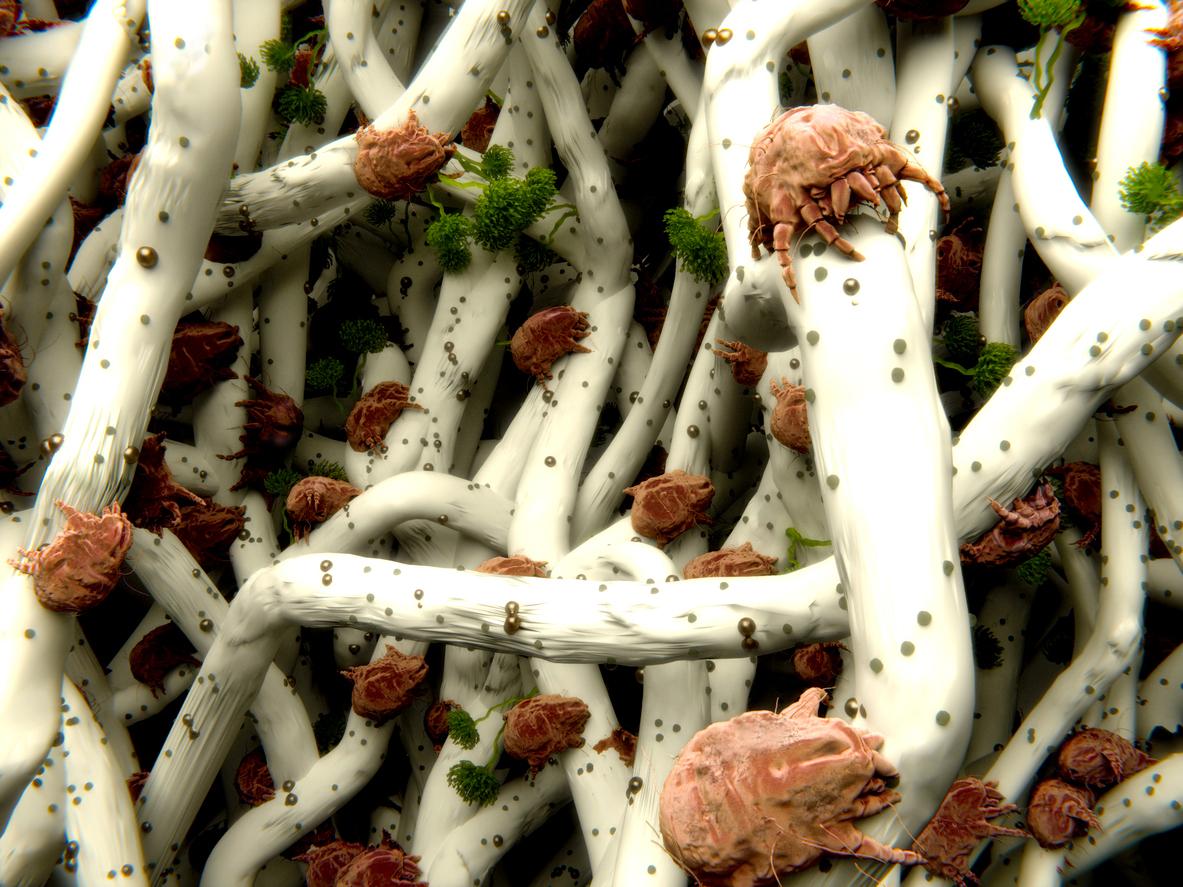
What is vaginal flora?
All the mucous membranes in the body are made up of a collection of bacteria called the bacterial flora. These mucous membranes cover hollow organs like the mouth or the vagina.
We are talking about the vaginal flora whose physiology varies according to the menstrual cycle due to hormonal changes. These bacteria or microorganisms, such as the bacillus Döderlein, protect the vaginal flora from infections.
Good intimate hygiene reflexes
Normal vaginal pH is 4.5; it is said to be acidic. It is generally advisable to wash once a day, or even twice during the menstrual period, avoiding too aggressive, perfumed or antiseptic soaps in order to respect the acidity of the vagina.
However, we must remain vigilant because washing too often could weaken the intimate flora and promote the appearance of yeast infections.
Washing your underwear at at least 60 ° will limit the development of germs. Wearing too tight clothes and synthetic materials also sensitizes the intimate flora: they are therefore to be avoided in the same way as douching. Indeed, the vagina is self-cleaning, the shower could weaken the flora and thus upset its balance.
Common genital infections
- Vaginal yeast infection
They are mainly caused by a microorganism, the Candida Albicans, naturally present in the vagina, but in balance with other germs. Yeast infection occurs when this balance is disturbed and the vaginal pH varies.
The symptoms are very distinctive: itching around the vulva and vagina, burning sensations, and whitish discharge called pathological leucorrhoea (curd-like appearance).
- Cystitis or urinary tract infections
40% of women suffer from it at least 4 times a year: cystitis is an infection of the bladder. It causes a painful and burning sensation and a permanent feeling of wanting to urinate.
To avoid cystitis, good personal hygiene is once again essential.
Even more vigilance during …
- The rules
Changing sanitary napkins or tampons regularly and washing twice a day (including once, only with water) will reduce your chances of getting a vaginal infection.
- The pregnancy
Pregnant women must be very vigilant. This is because a poorly treated urinary tract infection can spread to the kidneys and cause premature labor.
- Menopause
The drop in Å “estrogen levels associated with menopause contributes to urinary tract infections and vaginitis.
Anaïs Lhôte – PasseportSanté.net
Source: Treatise on medical gynecology, by Bernard Blanc, Christian Jamin and Charles Sultan
















